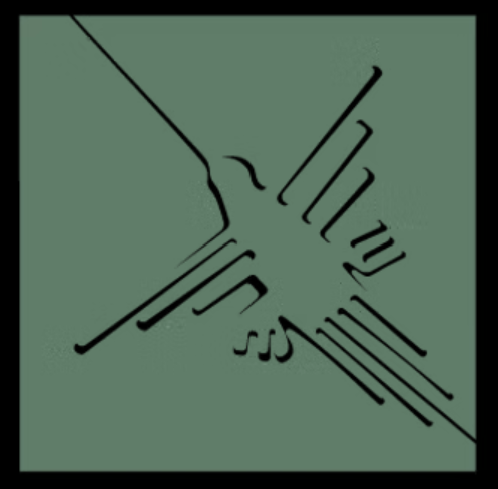Contemporary Literature and Technology
- khalid
- Apr 8, 2023
- 3 min read
After the second World War (1940s) to the present (2020s), this period is usually referred as the span of contemporary literature. The world experienced a huge devastation during the World War II and it impacted hugely to the memory of people. Another point is that there were birth of many new countries such as independent India, Sri Lanka, Nigeria, Myanmar, Nigeria, Malaysia, Pakistan, later Bangladesh, and many other countries. In the new countries, there was the rise of nationalism or in other simple words, the leaderships of these new countries concentrated on the development of their own language, their own culture though they wanted to decolonize themselves. In other sense, they wished to break away from the colonial boundaries. Another major thing was the fall of communism in the early 1990s. At this point, the internet technology started grow and brought many innovative technology. People could not only communicate each other using synchronous and asynchronous threads but people could see each other through video calls in their hand-held device. Internet was like a spring-board of success in human communication. Human beings in this period have been more independent and individual.
For example, previously, in the 1980s, people had to dependent on the institutions for telegraph or even telephone for sending message. There had been usually a queue for people at the telephone booth to use a telephone. People needed to apply for a home-based telephone to a certain authority who in turn would granted permission to a family or to a group or to an institution. The home telephone was still not personal and every one of the household was supposed to use the same telephone number. Today, it needs an effort to make the young people sense how we previously dealt with the communication system.
So, many of those above things have been reflected in the contemporary literature. Like technology, writing a literary work becomes individualized. In the literature, we see a tendency of not obeying the traditional pattern and there are developments of many genres. Once in joke, one of my friends was saying, "If you took a page of essay (prose) writing and you cut few words from the both sides of the page, the prose would become a poem." I did not agree with him or I did not comment. However, it is true that there are many new approaches to literary writing. While poets, novelists, story writers are trying innovation, they almost all broke or have been breaking the traditions. They have been innovating their own ways. There are discussions that some poems are void of certain metrical pattern and there is rhythmic or no care for rhythm. The authors have the freedom of choice. They are saying that some poems are sonnets which are missing the patterns. The traditional publishers might have objections to publish those poems. But it does not matter. The authors have the internet platforms or websites or even personal website to publish their own works. Since the advent of the innovative technology, they have their own personal space to write about themselves.
Authors feel to speak their own thoughts, problems, aspiration, passions and goals in the contemporary literature using the liberty of innovative technology and they are using particular or even obscure style. The famous writers are approaching differently. Their expression sometimes is fragmented, unclear. I presented two examples. Firstly, John Updike used the unrhythmic, free-verse techniques to compose his poems. I give here an example of two middle stanzas from his poem, "April":
"The sky's herd
Of prancing sheep,
The birds and fields
Abandon sleep.
And jonquils, tulips,
Daffodils
Bloom bright upon
The wide-eyed hills."
The next one I borrowed from an image of the internet. This poem's name is "Amends" by Adrienne Rich. I quoted first two stanzas:
"Nights like this: on the cold apple-bough
a white star, then another
exploding out of the bark:
on the ground, moonlight picking at small stones
as it picks at greater stones, as it rises with the surf
laying its cheek for moments on the sand
as it licks the broken ledge, as it flows up the cliffs,
as it flicks across the tracks"
Both poets have their own approaches in writing their thought. I don't see much metrical conventions or rhyming patterns to reflect their flow of thought. The general readers may have some possible difficulty to understand the context readily and they need an explanation from someone who understands the poems well. However, the poets seem pursued their own idiosyncrasy or their own liberty in expression. Thus, it may be observed that in contemporary period, poets have their own conventions, own publishing platform, individual independence to use their own ideas, perspectives, desire and motives rather than follow the century-old established literary rules.




Comments